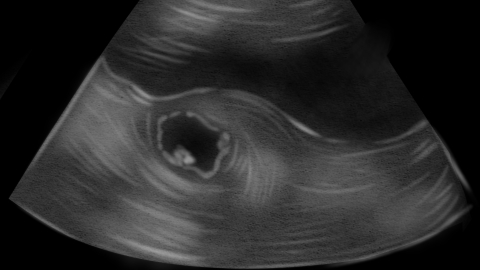What are the risks associated with cloudy amniotic fluid in pregnant women?
Generally, amniotic fluid turbidity refers to the presence of substances such as fetal sebum, meconium, and bile stasis in the amniotic fluid, causing the fluid to appear cloudy. Amniotic fluid turbidity may pose risks such as fetal malnutrition, intrauterine distress, nervous system development impairment, brain damage, and asphyxia. Detailed explanations are as follows:

1. Malnutrition
Amniotic fluid turbidity may cause fetal malnutrition and affect fetal growth and development. If essential nutrients in the amniotic fluid are insufficient, the fetus may experience low birth weight, poor organ development, and other issues.
2. Intrauterine Distress
Amniotic fluid turbidity might occur due to the passage of meconium into the amniotic fluid. In such an environment, the fetus is prone to intrauterine distress. Fetal intrauterine distress refers to an acute or chronic oxygen deficiency state of the fetus within the mother's uterus.
3. Impaired Nervous System Development
Harmful substances in the amniotic fluid may affect the development of the fetal nervous system, leading to intellectual disability and behavioral problems. The nervous system develops rapidly during the fetal stage and is highly sensitive to external harmful factors.
4. Brain Injury
Amniotic fluid turbidity can lead to insufficient oxygen supply, thereby causing fetal hypoxia. Hypoxia may affect fetal growth and development, and severe cases may result in brain injury or even death.
5. Asphyxia
If the fetus inhales contaminated amniotic fluid into the lungs, it may develop aspiration pneumonia. In severe cases, this could lead to asphyxia, which is an emergency requiring immediate resuscitation; otherwise, it may endanger the fetus's life.
Pregnant women should undergo regular prenatal checkups to promptly monitor fetal and amniotic fluid conditions. Through ultrasound and fetal heart rate monitoring, amniotic fluid turbidity and fetal intrauterine distress can be detected and managed promptly.








